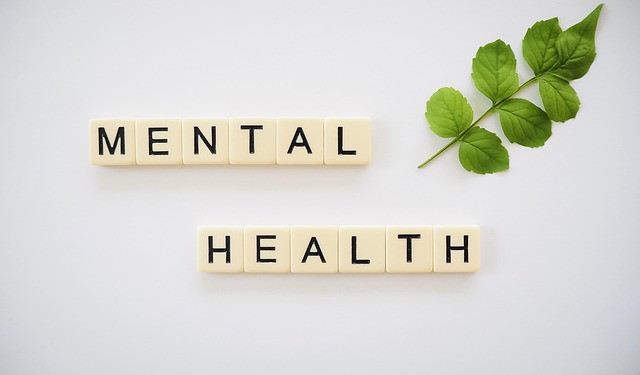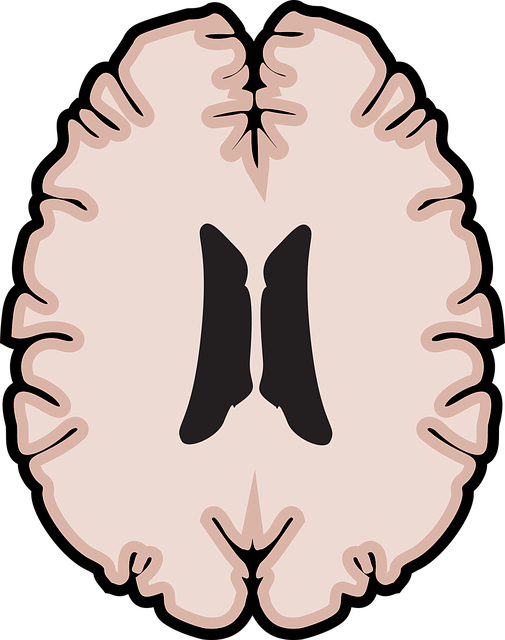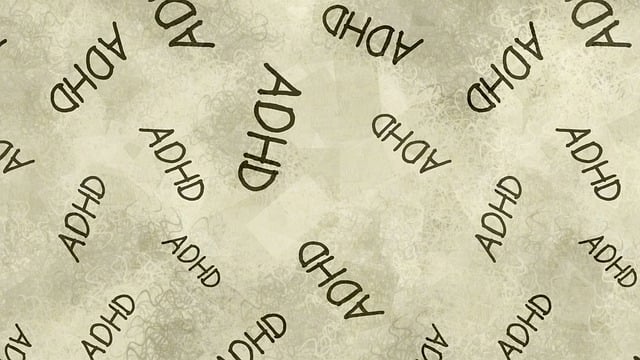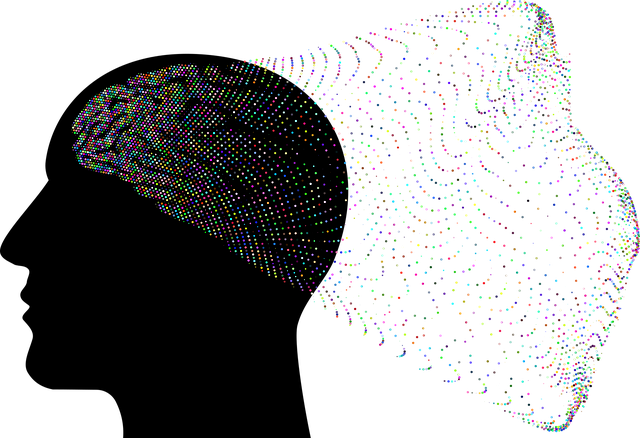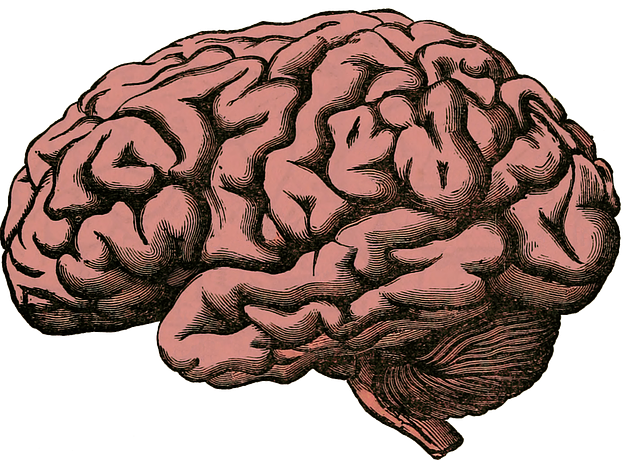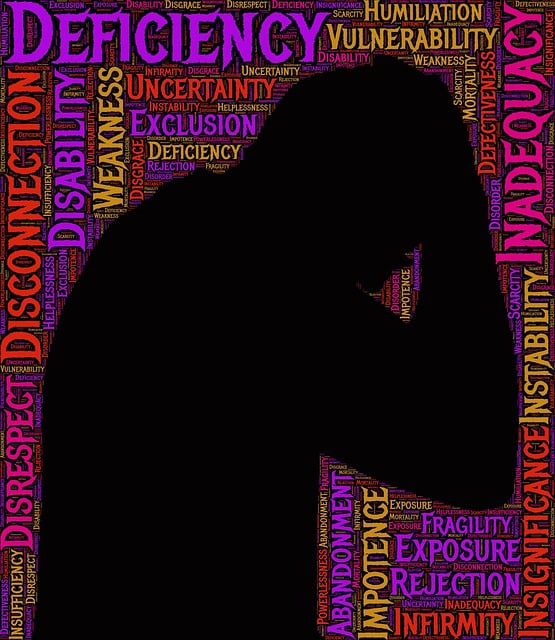The stigma surrounding mental health in older adults hinders access to care, exacerbating issues. EMDR therapy, an effective approach focusing on emotional processing and self-esteem, reduces this stigma while addressing root causes of distress in elders. Combining EMDR with mood management strategies significantly improves their well-being. Community engagement through education and dialogue further aids in breaking down barriers to mental health support for the elderly, encouraging early intervention and access to tailored therapies like EMDR.
Stigma surrounding mental illness can profoundly impact the quality of care elders receive. This article explores targeted efforts to reduce this barrier, focusing on understanding its pervasive effects and presenting innovative solutions. We delve into EMDR therapy, a groundbreaking approach shown to break down stigma and improve treatment outcomes for older adults. Additionally, we examine community engagement and education strategies essential for lasting stigma reduction.
- Understanding Stigma and Its Impact on Mental Health Care for Elders
- EMDR Therapy: A Promising Approach to Break Down Stigma and Improve Treatment
- Community Engagement and Education: Strategies for Long-Lasting Stigma Reduction
Understanding Stigma and Its Impact on Mental Health Care for Elders

Stigma surrounding mental health issues often prevents elders from seeking the care they need. This societal misconception can lead to a delay in treatment, exacerbating existing conditions and hindering access to effective support systems. The impact is particularly profound for older adults, who may face additional barriers such as ageism and isolation. When left unaddressed, mental health concerns like anxiety, depression, and trauma can significantly impair daily functioning, affecting overall quality of life.
Efforts to reduce stigma are crucial in encouraging open conversations about mental wellness among the elderly. Therapy techniques like EMDR (Eye Movement Desensitization and Reprocessing) have proven effective in treating a range of mental health issues, including those often overlooked in older populations. By focusing on emotional intelligence and self-esteem improvement, EMDR therapy empowers individuals to process traumatic memories and negative beliefs, fostering a healthier mindset. Incorporating mood management strategies alongside these therapeutic approaches can further enhance the well-being of elders, ensuring they receive the comprehensive care they deserve.
EMDR Therapy: A Promising Approach to Break Down Stigma and Improve Treatment

EMDR therapy, short for Eye Movement Desensitization and Reprocessing, is a promising therapeutic approach that has shown significant potential in reducing stigma associated with mental illness, particularly among older adults. This innovative method combines elements of exposure therapy with bilateral stimulation, often through eye movements or other rhythmic stimuli, to help individuals process traumatic memories and negative beliefs. By addressing the root causes of distress, EMDR facilitates a profound sense of healing and empowerment, enhancing overall mental wellness.
The benefits of EMDR extend beyond stigma reduction; it also promotes resilience building and compassion cultivation practices. Through repeated exposure to distressing memories in a safe and guided environment, individuals learn to regulate their emotions effectively. This process enables them to develop healthier coping mechanisms, fostering a sense of personal strength and resilience. Moreover, EMDR therapy encourages the cultivation of compassion towards oneself and others, which is instrumental in creating supportive communities where mental health is prioritized and understood.
Community Engagement and Education: Strategies for Long-Lasting Stigma Reduction

Community engagement and education play a pivotal role in enduring stigma reduction efforts for mental illness. By fostering open dialogues and providing accessible information, communities can dispel myths and promote understanding. Mental wellness coaching programs designed with an older adult focus, such as EMDR therapy, offer specialized support tailored to address the unique challenges faced by this demographic. These initiatives not only enhance awareness but also encourage early intervention and improved access to care.
Integrating mental health education into community settings, whether through workshops or training sessions, is another effective strategy. Well-structured programs can equip individuals with knowledge about various mental health conditions, available treatments like EMDR for trauma recovery, and the importance of seeking professional help. Social skills training, an integral component of these educational initiatives, enables participants to interact more comfortably with those experiencing mental illness, further reducing barriers to support and treatment.
Mental illness stigma remains a significant barrier to effective mental health care, particularly for elders. However, through targeted interventions like Eye Movement Desensitization and Reprocessing (EMDR) therapy, along with community engagement and education initiatives, lasting reductions in stigma are achievable. By integrating these strategies, we can foster more inclusive environments, improve access to quality care, and ultimately enhance the well-being of older adults struggling with mental health challenges, including EMDR therapy as a promising treatment option for elders.


